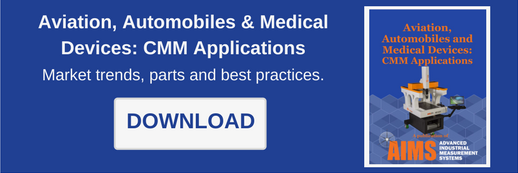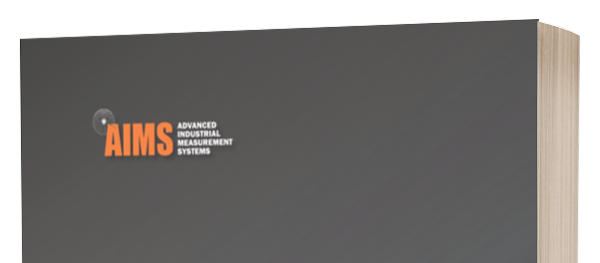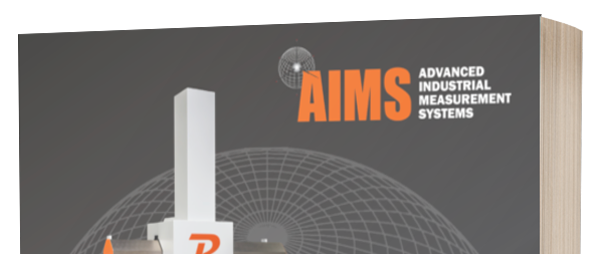
American singer, actor, pianist and comedian Jimmy Durante was known for two things: his distinctive gravelly speech and his prominent nose which he referred to as the Schnozzola. He coined the phrase, “The nose knows.” The ‘nose’ of 5-axis measurement technology also ‘knows’ when it comes to measuring complex part surfaces. The REVO-2 shoulders the fast motion required for higher throughput while the CMM moves in a slow, linear manner. The REVO-2’s flexible tip-sensing probe boosts accuracy and performance.
Unlike systems that use traditional indexing heads or fixed probes, 5-axis motion allows the stylus to follow a continuous path around complex parts without leaving the surface to change stylus cluster or index the head. Controller algorithms synchronize the CMM and head motion to produce an optimal tip path and reduce CMM dynamic errors.
A CMM’s maximum scanning speed is limited by machine dynamics, typically to between 80 seconds and 150 seconds. However, accuracy is diminished before the CMM can achieve top speed which, to be effective, tends to hover between 10 seconds and 25 seconds.
So what does this mean? Non-linear motion produces accelerations and decelerations that can twist and deflect a machine’s structure resulting in errors.
Like breaking the sound barrier, Renishaw's 5-axis measurement breaks through the dynamic performance barrier by reducing acceleration the inertial loads on the machine structure. Renishaw's dynamic heads do most of the measurement work, enabling exceptional throughput without compromising accuracy.
So what are the benefits?
- Reduced measurement cycle times
- Elimination of bottlenecks
- Rapid processing feedback
- High speed head and sensor calibration
- Less time spent indexing and more time spent measuring
- The ability to avoid changing stylus clusters without compromising accuracy
There are several probes that can be used with REVO 2.The SP25M is a compact, flexible scanning probe system with a range of scanning and touch trigger modules.
The SP25M is engineered with two sensors in a single housing. Users can switch between a choice of five scanning modules and an adapter module that is compatible with Renishaw’s TP20 range of probe modules. This capability gives manufacturers scanning and touch-trigger probing in a single probe system. The SP25M’s small size and autojoint mounting make it compatible with the PH10M PLUS / PH10MQ PLUS and PH6M probe heads. It can also be mounted on a multi-wired extension bar. These options provide superior reach and access to part features.
Manufacturers can acquire high-performance inspection and digitizing and profile scanning with the SP600 family of analogue scanning probes. Probe systems, the SP600, SP600M and SP600Q, each offer unique features and include the probe itself, a PC interface card and a stylus module changing rack. Able to scan at high speeds for fast point measurement and frequency response, the systems provide low probing forces for maximum application flexibility.
The SP80 is a quill-mounted scanning probe that uses digital scale, readhead technology and isolated optical metrology principles for exceptional scanning performance, even with long styli.
The SP80 is able to reach deep into parts by carrying styli up to 1000 mm long and 500 g mass, including star configurations which do not require counterbalancing. Renishaw’s M5 styli products are designed to complement SP80 and support peak performance. Key system benefits include ultra-high accuracy scanning, large stylus support and repeatable stylus changing for fast, flexible part inspection.
If you want to find out more about the REVO 5-axis and its probes contact us anytime.


